Celebrating international midwives day
ANMF (VIC BRANCH)
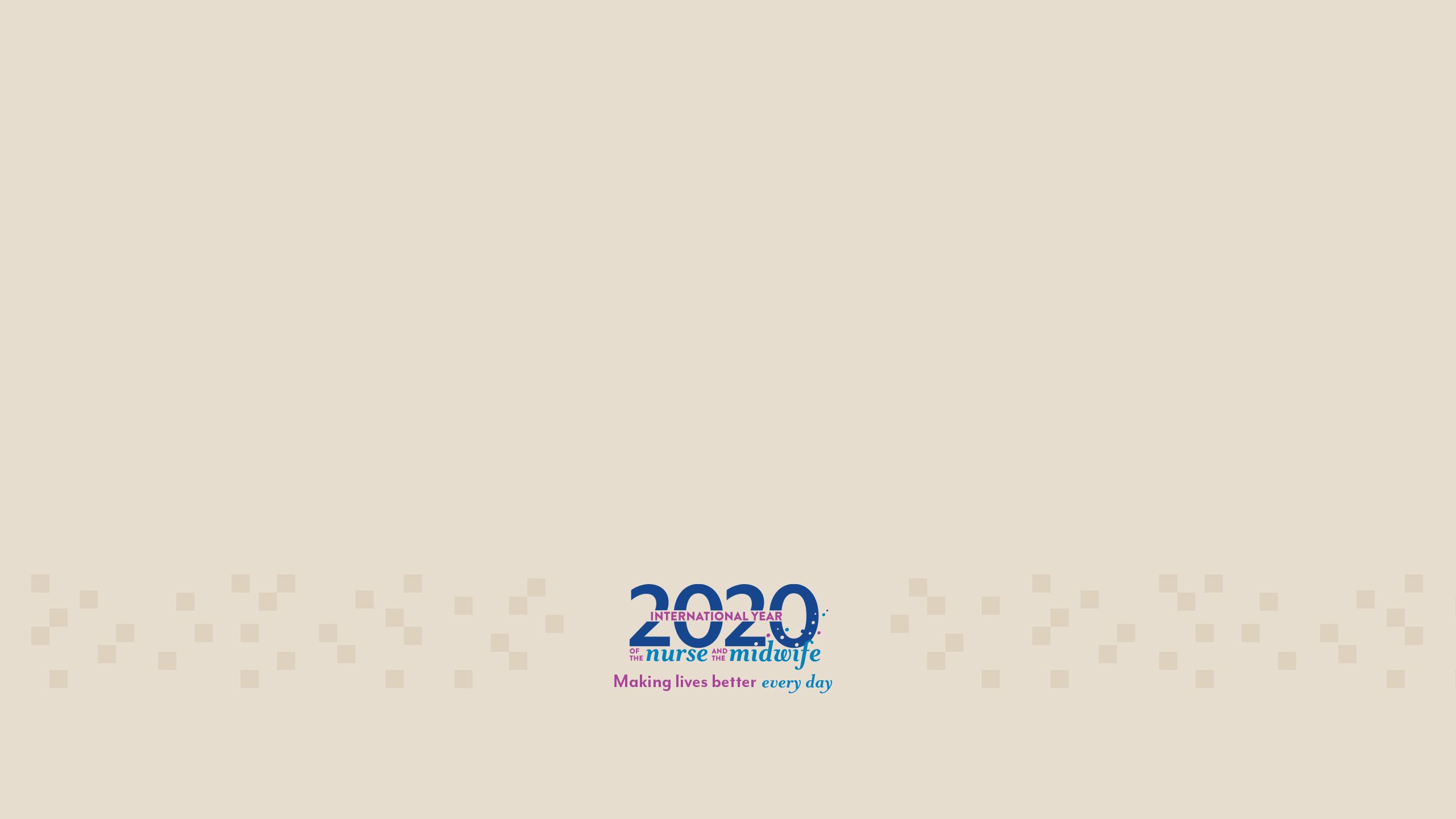
For International Midwives Day, 5 May 2020, ANMF (Vic Branch) profiles three midwife members who are immensely proud of their profession caring for women and their babies.

Whether their focus is on care during pregnancy, birth or the post-natal period, the three midwives – Sue Strugnell, Christine Trevena and Kylie Cowley – all feel privileged to care for women and their families at a significant and challenging time of their lives.


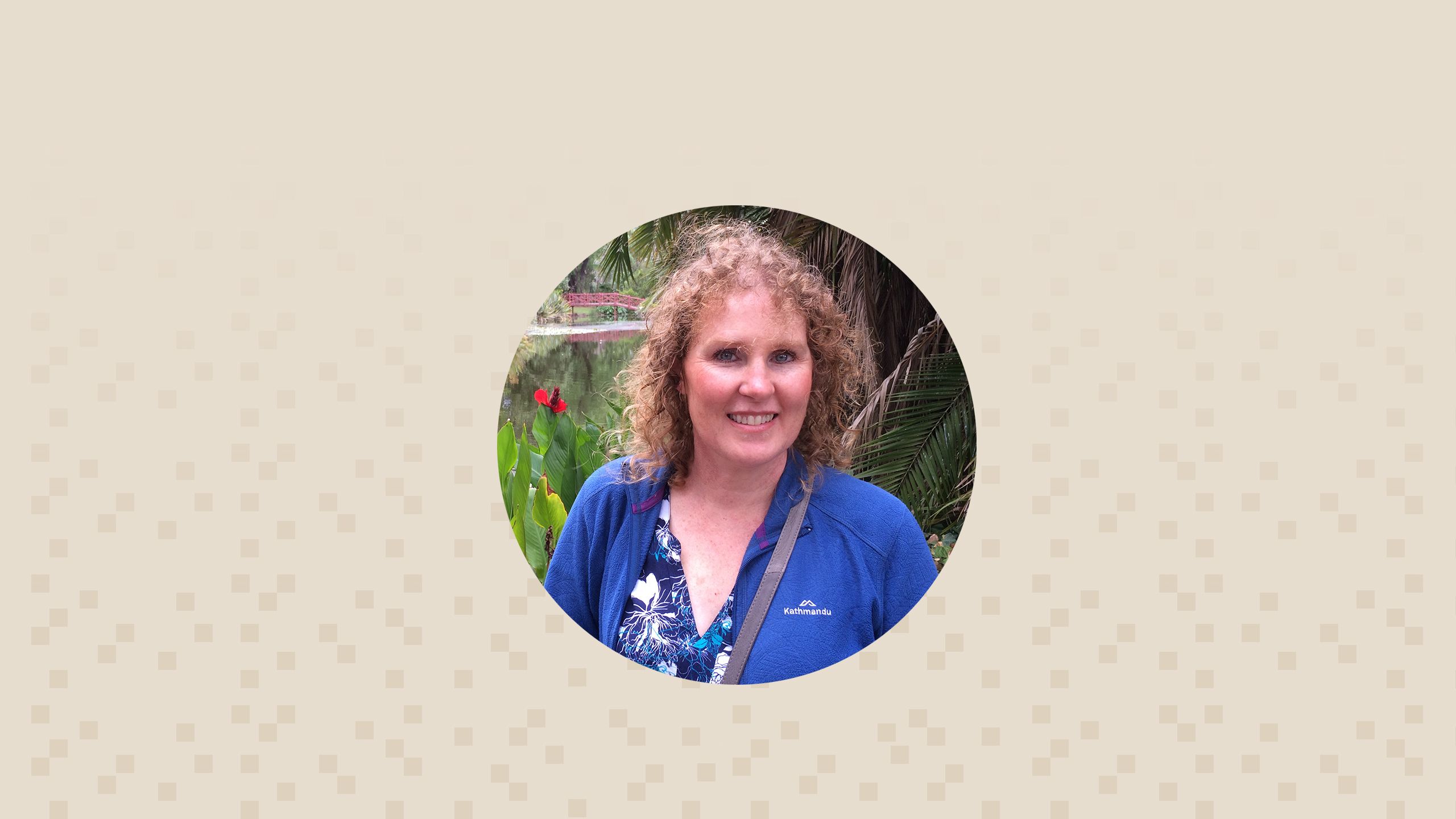
Domicilary midwifery ‘a very special area’: Sue Strugnell
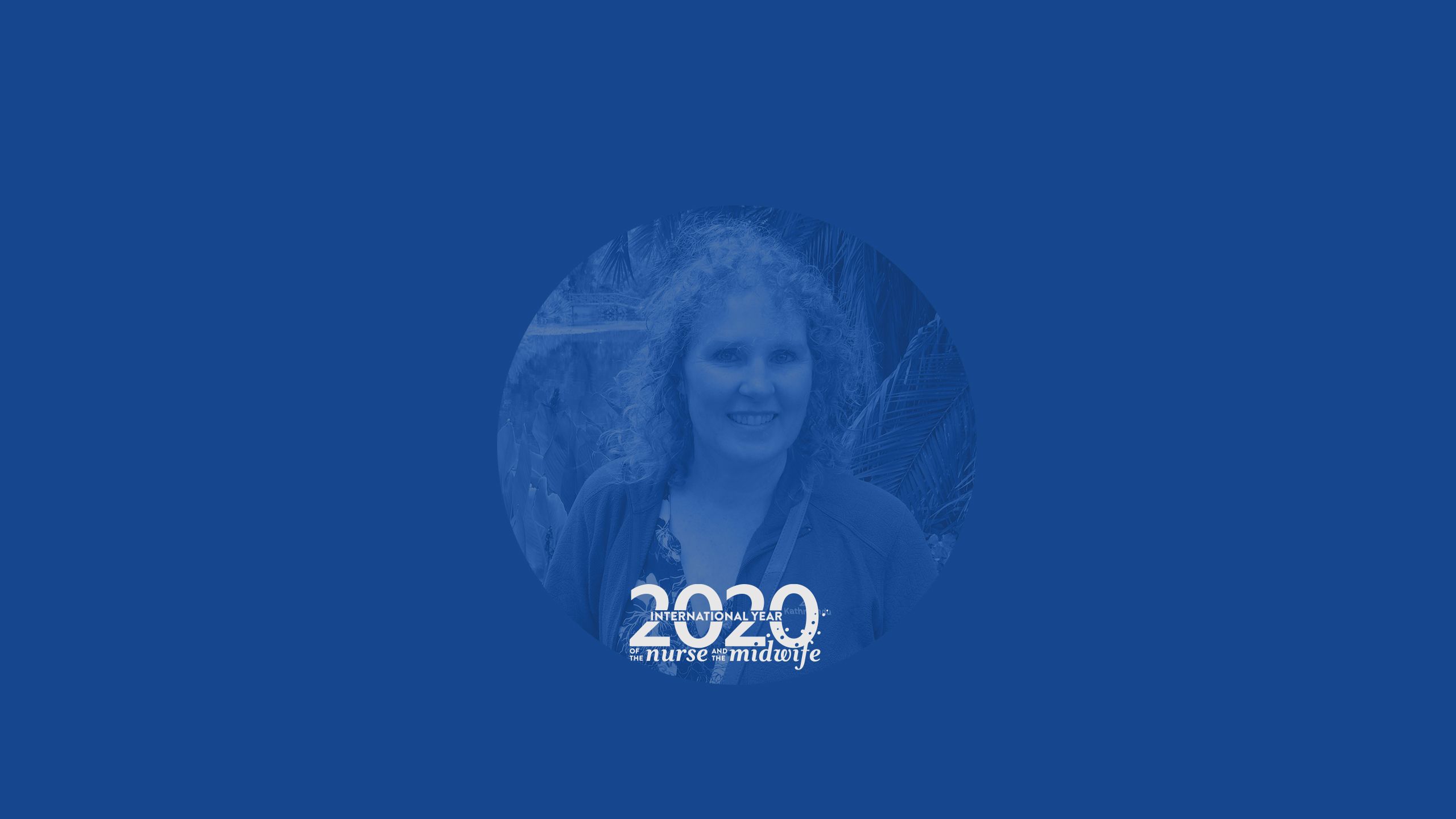
‘The challenge is to get more recognition of what the role is,’ Sue Strugnell says of being a domicilary midwife. ‘It’s not having cups of tea with people in the community.’
Women are more likely to share what is really happening for them when they are in their homes, Sue said, and a domicilary midwife can work free of a hospital’s interruptions, call-bells and cleaners.
‘You have the opportunity to really focus on one woman and family and it’s always different. You might be in a very wealthy house with a lot of things or you might be in a house where you’re wondering where you’re going to put your bag and scales,’ she said.
‘One of the hardest things is seeing how some families live. The international student living in one room and sharing a kitchen and bathroom with others…You know they have limited resources and are away from their families.’
Sue has worked as a domicilary midwife for Mercy Hospital for Women since 2008. She is also a maternal and child health nurse, with the triple qualifications required in Victoria, in nursing, midwifery, and maternal and child health.
As part of the Mercy Hospital for Women’s Hospital in the Home service, Sue’s visits might involve wound care, or caring for a pre-term baby, or a baby with jaundice.
With her maternal and child health nursing background, Sue says she occasionally ‘spends more time talking about the two-year-old who’s trying to hit his new sibling.’
Sue began her nursing career 30 years ago and trained as a midwife at the Royal Women’s Hospital before getting married and having a family. In the late 1990s, she and her husband, a surgeon, went to Nepal with their young children and stayed for nearly seven years. One of their children was born there.
As a mother of three young children, including a baby, Sue was too immersed in caring for her own family to work as a nurse or midwife. But she did get involved in the hospital’s operation in ‘a social worker-type’ role, organising resources and sitting on the hospital’s security committee; Nepal was experiencing a civil war at the time.
Living in Nepal gave Sue an appreciation for Australia’s wealth and the resources available in our healthcare system.
‘Where we lived it was a very busy hospital but a relatively small town, so you could buy one choice of flour, one choice of jam; you didn’t have a car, you lived in a small community, although hospital patients took one or two days, or a week’s travel, to get there.
‘Coming back to Australia there was so much choice…and even now I still struggle with how much waste there is in hospitals.
‘Over there, they have to re-use so many things. At one point they had to re-sterilise needles because they couldn’t replace them, which is terrible practice.’
But Sue was also struck by the deep respect of the Nepalese for family and community, and the regard for sharing resources.
‘Having my daughter over there, I had a community around me to give moral support but I also had someone to help with practical needs as well. With my two other children who were born in Australia, you’re on your own very quickly with everyone else working,’ Sue said.
Returning to Australia in 2005, Sue completed a return to nursing program at The Austin Hospital and updated her midwifery qualifications.
Now in her 12th year of working as a domicilary midwife, Sue said the role involves more referrals than it used to – to social support services, or the clinical liaison nurse or perinatal mental health service.
‘My colleagues have noticed there’s a lot more anxiety and depression,’ she said.
During the Covid-19 pandemic, the anxiety of parents with a new baby has further increased and the service is answering more phone calls from parents seeking advice.
The stays in birth suites are shorter to reduce risk of coronavirus transmission, so women are getting home with their babies and then calling for support or advice.
Home visits are preceded by Covid-19 screening questions and their duration has been curtailed to 15 minutes, with most of the consultation occurring by phone.
The domiciliary midwives can access masks for home visits and have been wearing theatre boots and gloves. Bags and scales are placed on a plastic drape.
‘We’re getting a lot of positive affirmation when we go to the homes. People are so glad to see someone when we actually come in, even if it’s brief. Just to weigh the baby and have a physical presence, I feel there’s a lot more value in that,’ Sue said.
As a domicilary midwife, Sue is ‘entering into a very special time of people’s lives.’
‘I just love being able to meet with people, help them with what their situation is, encourage them in parenting.’


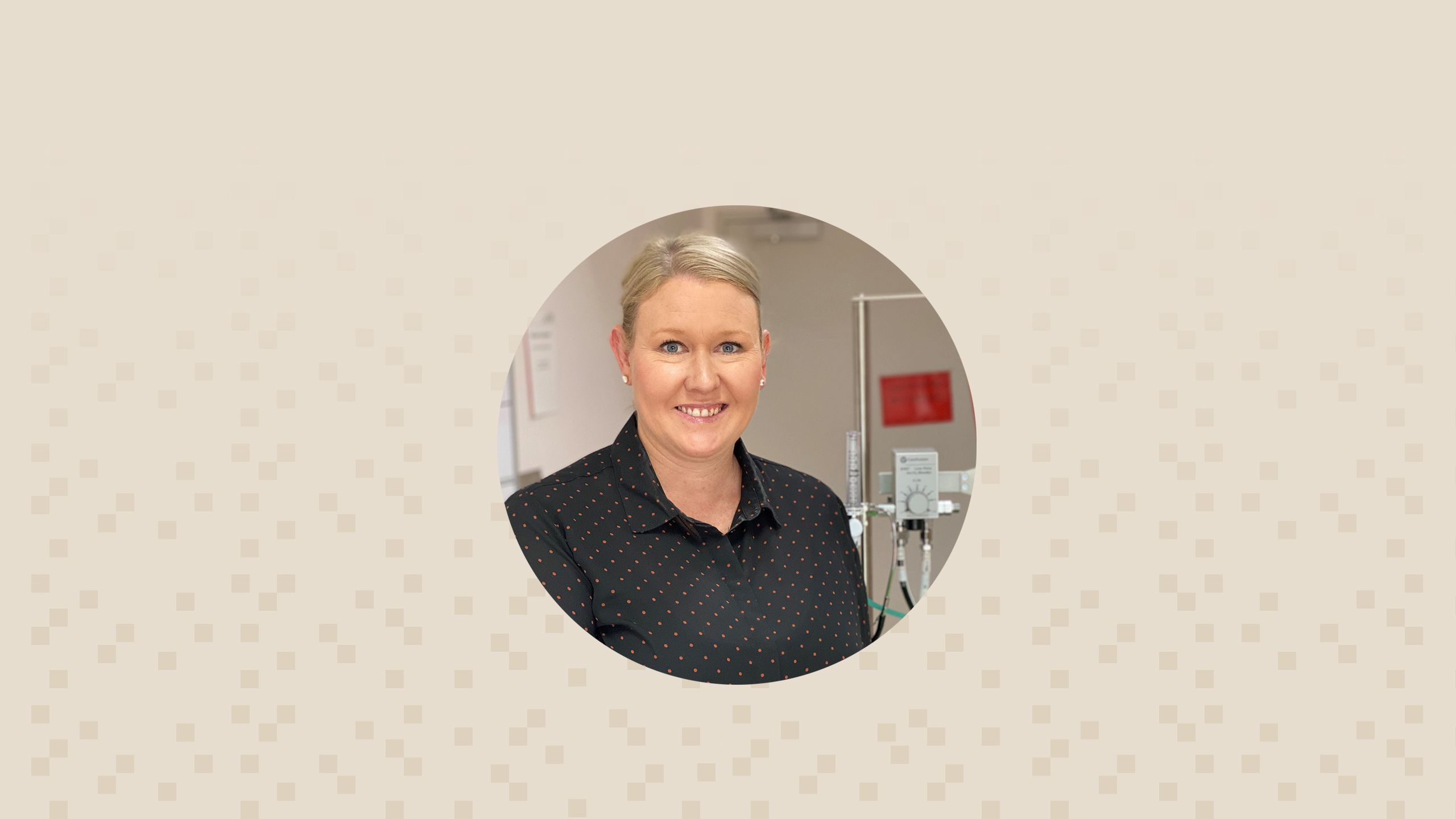
Rural midwifery unit manager Christine Trevena feels ‘very blessed’
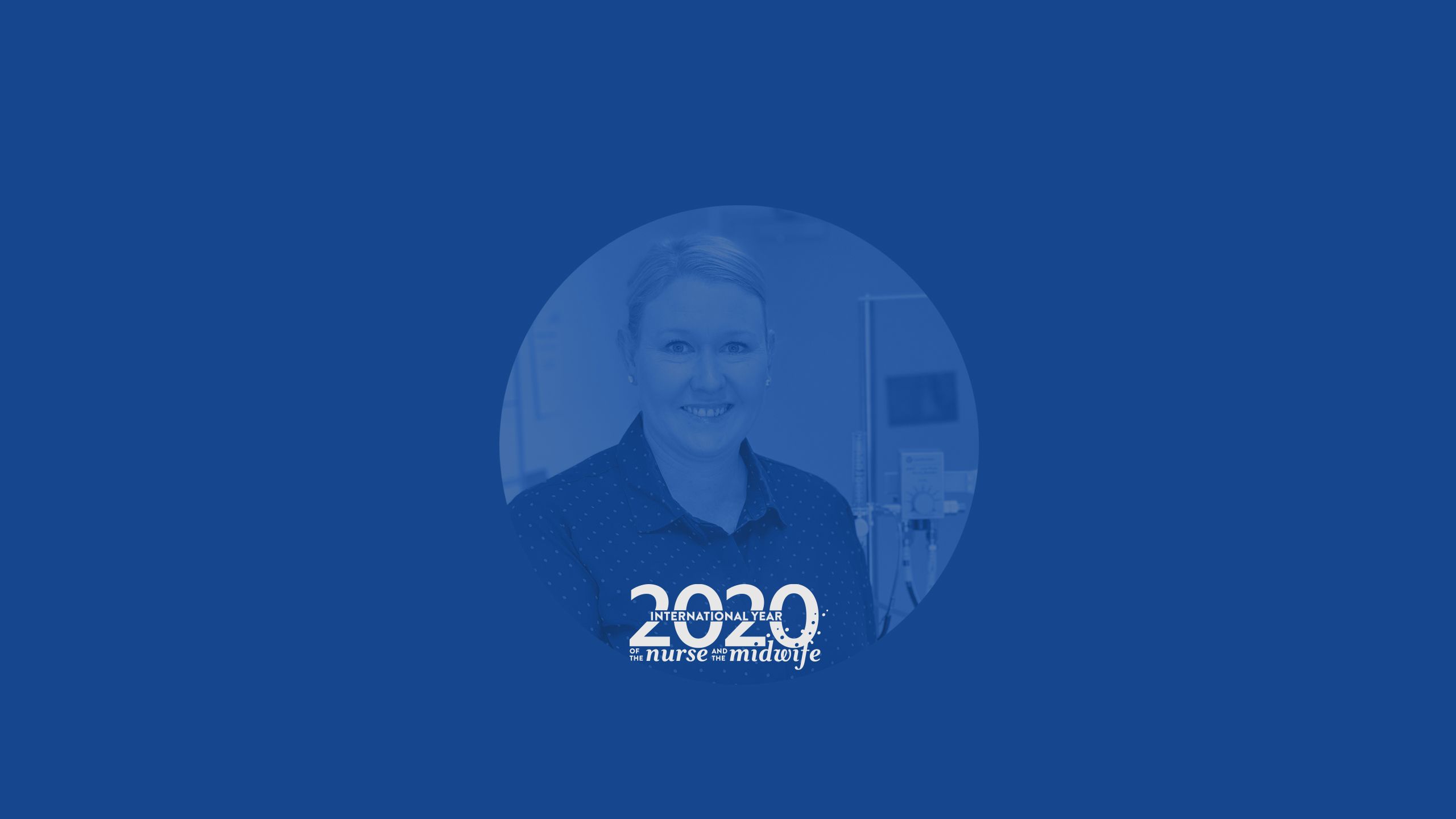
Play to view video
Christine Trevena was inspired to become a midwife by the women who cared for her throughout her pregnancy and birth of her son 14 years ago.
At the time, she was working in retail – ‘I sold lots of shoes and jewellery’ – but the care from her midwives, one of whom was a student in the final stages of training - changed her life.
‘They were there for me the whole time,’ Christine beamed. ‘They were brilliant – the way they interacted with me, interacted with my husband – the whole process was amazing.’
The midwife student particularly stood out as a model for how midwives can make all the difference to a woman during the physically and emotionally taxing experience of birth. She and Christine have since formed a friendship.
‘It’s the professional relationship you develop with a woman in labour and birth – they’re so vulnerable. They rely on you so much to get them through this and that’s exactly what the midwife student did for me – she was just there the whole time.’
Compassion is the trait that defines midwives, Christine says.
‘Watching women in their most vulnerable, their most painful (experience), can sometimes be a very scary situation.
‘The midwife is always on the woman’s side. I never want to lose that compassion, that “What can I do to make this experience better for the woman?”’
Living in the small town of Cohuna, about 270 kilometres north of Melbourne, Christine’s journey to become a midwife began with studying nursing, as employment prospects for direct-entry midwives are minimal in rural areas. But first she had another baby; she started studying when her daughter was one year old.
Four and a half years into her midwifery career, Christine is the midwifery unit manager at Cohuna District Hospital.
‘I’m very blessed to be a midwife. I never anticipated at 18 that this is where I’d end up,’ she said.
‘I certainly never anticipated being the unit manager of a small hospital only four years into my midwifery career but I’m so happy with the changes we’ve made; we’re more woman-centred.’
The low-risk birthing unit at Cohuna District Hospital delivers approximately 50 babies per year but the midwives care for 60-80 women ante-natally. Women with higher-risk pregnancies give birth at Bendigo Hospital.
While midwife recruitment and retention can be an issue for country towns, Christine is pleased to report that her birthing unit has a full staffing load of 14 midwives and two student midwives after striving to recruit for 18 months - two years.
Six months ago, the hospital began an antenatal shared care model and established a midwives clinic, with pregnant women dividing their visits between the clinic and the GP obstetrician, giving women more one-to-one time with the midwives who are likely to be at their birth.
As with most healthcare facilities and the community at large, the COVID-19 pandemic has forced changes in practice for the birthing unit Christine manages.
Women with pregnancies below 28 weeks gestation have a phone consultation while those who are post 28 weeks have face to face appointments only if essential.
For births, the birthing unit has opted for the woman’s partner or support person to stay with them at the hospital, to reduce the duration of the hospital stay and any associated risk of COVID-19 transmission.
‘We give the woman that intense education around breast-feeding and mother-crafting et cetera and we gave that to their partner as well, so they’ve got that support network when they go home –because these women would be feeling very lonely at the moment,’ Christine said.
‘Mum can’t come over, friends can’t come over, the mums group’s not coming over, so we give them an intense education, early discharge and then lots of support in the home – phone calls and visits from our domiciliary midwife.’
Christine reflected that ‘the constant thinking on your feet’ is the aspect of midwifery that she had not anticipated when she envisaged joining the profession 14 years ago during her first pregnancy and birth.
‘A woman can be going so well and then the baby goes into distress, or it can go really quick and easy,’ she said. ‘There’s so many variables, that’s the biggest thing. It’s not all textbook.’
And yes, that’s a daunting prospect, especially when caring for women who live in your own small community. Christine was introduced to the potential pitfalls of small-town midwifery early, when a pregnant friend opted to not have the local doctor perform a vaginal examination during labour. The midwife asked Christine, who was then a student midwife, to do it.
‘The trust (women) have in you is amazing and I’ve since gone on to help multiple friends of mine have their babies and it’s such an amazing experience’.


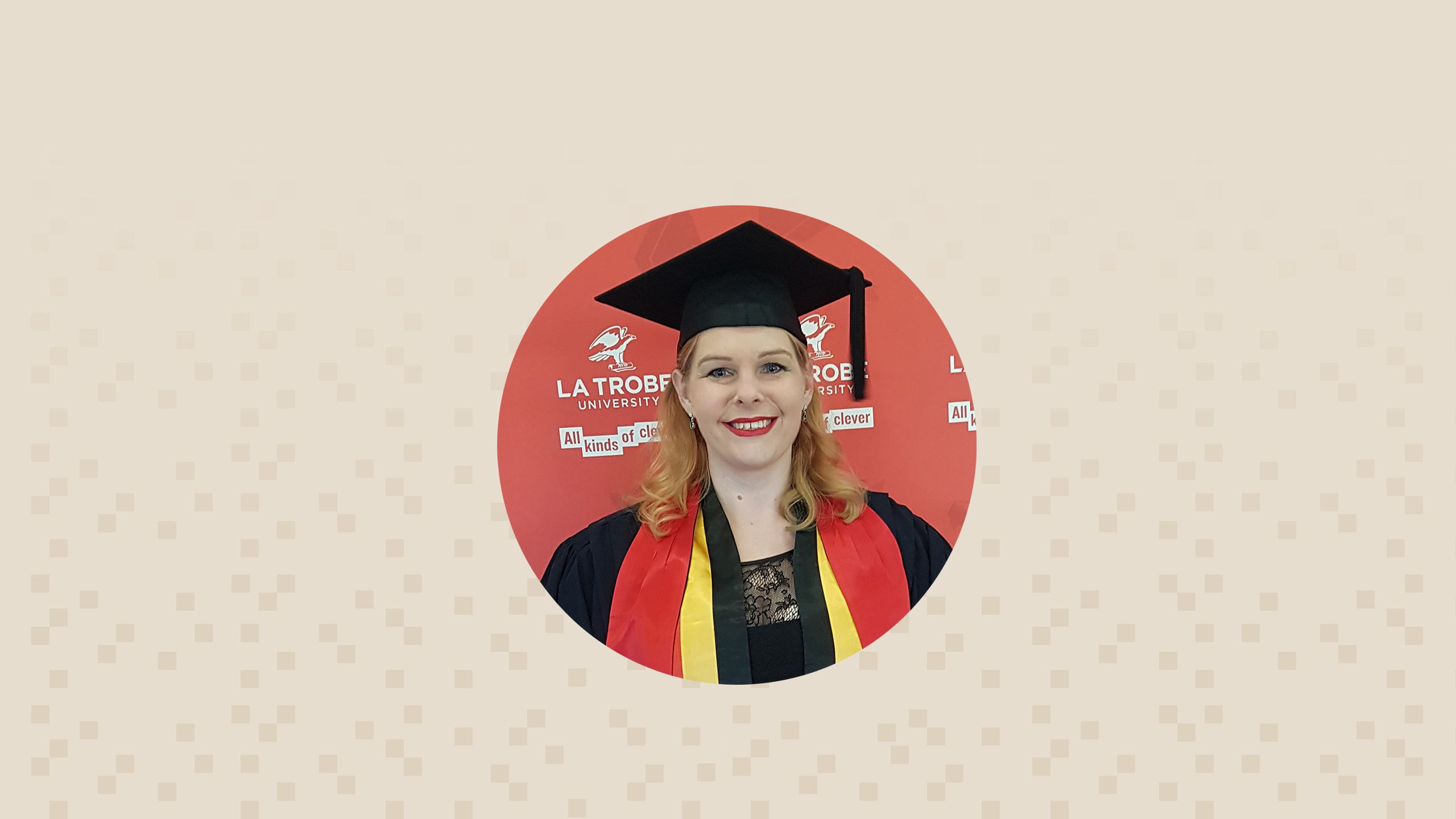
Aboriginal midwife/student MCH nurse, Kylie Cowley

Kylie Cowley’s motivation for becoming a midwife and studying to be a maternal and child health nurse comes from an intimate place.
She was present at the delivery of both her daughter’s children: a girl, Lydia, who died at 18 weeks, and her 18-month-old grandson, Charlie.
At the time of Lydia’s delivery, Kylie was working as a nurse at The Alfred Hospital. An Aboriginal woman from the Darug nation, Kylie was thankful for the support her daughter received throughout her pregnancy from the Victorian Aboriginal Community Controlled Health Organisation and the Dandenong and District Aborigines Co-operative (DADAC).
‘They have a midwife at DADAC and she was very closely involved, offering support during Jen’s pregnancy and the loss of Lydia, which really made a difference to Jen,’ Kylie said.
Kylie was inspired to study midwifery at Latrobe University and undertook the clinical component of the course at Mercy Hospital for Women. She has never looked back; she loves being a midwife.
‘It’s caring for women at their most vulnerable moments, becoming a mother, whether it’s for the first time or the fifth time,’ Kylie said.
‘It’s such a precious time in their lives and it’s a real honour to be there, whether it’s assisting with the delivery of the baby and caring for them through their labour or the first few days with bonding and learning to feed, making sure bub’s OK. It’s very special.’
It was during her midwifery education that Kylie assisted in delivering Charlie, who is cared for by Kylie and her husband. Kylie has been working as a midwife for two years, currently with Epworth Freemasons.
In February she began studying maternal and child health nursing at Latrobe University and intends to do her clinical placements – suspended during the COVID-19 pandemic – at the City of Casey.
For Aboriginal women, having the care of an Aboriginal midwife or maternal and child health nurse makes a huge difference.
‘A lot of Aboriginal families and people find it difficult to open up and have that rapport with other primary (health) carers, given the history of governments taking their children,’ Kylie said.
‘It’s important to build that rapport and trust and you can work more closely (with women) in relation to education, family violence and those sorts of things that are very sensitive, particularly for women – and protecting those children is very important to me.’
Having Aboriginal nurses and midwives caring for other Aboriginal women and families not only offers cultural safety, it also means better birth and health outcomes for women and their babies, research has found.
Kylie said Aboriginal women should be encouraged to join and remain in the nursing and midwifery workforce because their involvement means less risk of foetal deaths and pre-term labour; less caesareans and other medical intervention; and better outcomes for breast-feeding and general neonatal health.
Kylie was fortunate to be able to undertake the clinical component of her midwifery education at Mercy Hospital for Women’s Nangnak Baban Murrup Maternity Group Practice Clinic, a clinic which uses a maternity group practice model for women who are pregnant with an Aboriginal or Torres Strait Islander baby.
There is only one Aboriginal MCH nurse in Melbourne, Kylie said, so she is looking forward to joining forces with her to be able to offer a maternal and child health nursing service for Aboriginal women in the south-east of the city.
Kylie acknowledges that her journey to becoming a nurse and midwife may have stalled without a strong support network.
‘Some days you think “Why am I doing this?” so to have someone there to support you through the ups and downs is really nice. My husband and my best friend have been those people for me, so I’m really lucky.’
Both Monash University and Latrobe University have indigenous engagement centres, which offer Aboriginal students assistance and support, Kylie added.
Kylie is looking forward to being able to offer her combination of skills to women, babies and families when she qualifies as an MCH nurse.
‘I think being a nurse and a midwife and even a mother and grandmother will give me skills to be there for women (or for the primary carer – families are very diverse these days),’ Kylie said.

In 2020 Covid-19 has posed potentially life-threatening risks and midwives have modified their practice to keep women, families and themselves safe.

To all our midwife members, happy International Midwives Day from the ANMF (Vic Branch).
